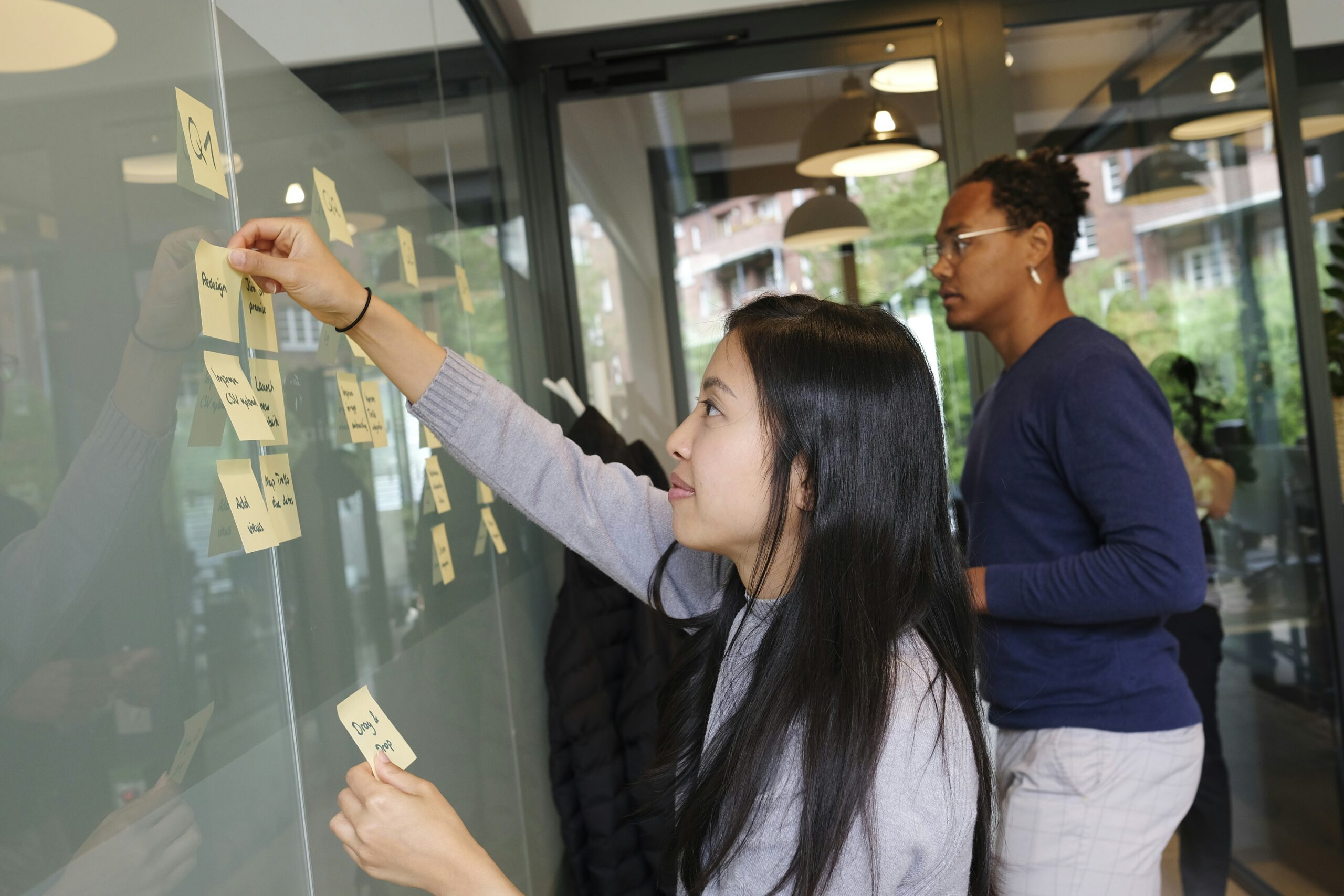Author: Artie Maharaj, Program Evaluator, TSNE
You have built a program meant to transform, yet how do you measure the transformation that happens because of great program design? Whether working with a team to build out a logic model or reviewing findings at the end of a project, taking time to debrief with my evaluation colleagues and program teams has often been an opportunity and catalyst to reset, reaffirm, and adapt work for the better.
Reflective practices can take on many shapes and sizes. Whether informal or formal, the goal of these practices is to take a pause on the day-to-day work of implementation and think critically about what your program is aiming to achieve. Are you on the right track? What changes can and/or should be made? In our evaluation and learning work with program teams, we have found that incorporating reflective practices can help:
- Identify areas of success, consensus, tension, or misalignment
- Better understand each other’s perspective
- Make more informed programmatic decisions
Learn about a few reflection tools we use in evaluation work with our teams.
Plus + Delta Activity
One of the easiest ways you can incorporate more reflection in your work is to think about what is working well and what you would change to improve a program, event, workshop, etc.
Materials needed: Use a whiteboard and Post-its, an online whiteboard like Mural or Miro, or a shared Google doc. Create two columns with the following headings: What worked well? and What would you change?
How: Have your team spend 10 minutes writing down what worked well and what they would change about their program. After the team has shared their thoughts, facilitate a discussion with your team members by identifying common themes and areas you might want to prioritize in terms of making improvements. After reviewing the Plus/Delta, have the team generate a list of key action steps they would like to work on to improve their program.
Data Dives
Data dives are opportunities to share evaluation findings with program staff. In these sessions, staff have an opportunity to review key findings from a survey or focus group and ask questions along the way. In these sessions, staff have a chance to ask questions about the data, identify areas that resonate with their experiences, and add context to findings. By sharing data and providing teams with the opportunity to reflect together on the data, staff may offer ideas, reflections, and experiences that add context and nuance to the findings. Further, these types of sessions may help teams identify additional questions or areas for further investigation.
Materials needed: Summary of key data from a project such as a post-program survey
How: Create a slide deck with your key data findings and use graphs or images to share one key finding per slide. Alternatively, for an in-person experience, create a “data gallery walk” by posting key findings using easel sheets around the room, and ask team members to walk around and review the findings noting their observations, ideas, and questions. At the end of the session, hold a discussion and ask questions such as:
- What were the most surprising findings? How might you explain these findings?
- Was there anything that resonated with your experience or work?
- How your work might change based on these findings.
- What other questions do these findings lead you to be curious about?
Best practices for engaging in reflective practices with your team
- Create protected time for reflection. We know program teams are busy. Build in opportunities and schedule for reflection.
- Schedule in-person time for reflection. When possible, creating space to reflect in person can be a great opportunity for teams to delve deeper into their work, get more creative, foster collaboration, and build meaningful relationships. If possible, schedule some time, plan a few reflection activities, bring some snacks, and get to work together.
- Create action steps. Toward the end of the reflection session, identify some key action steps to improve your work, have team members take the lead on action items, and set a date to check-in.
Taking some time with your team to pause and reflect can be an opportunity to better understand how the work is going and generate ideas to improve, even in the immense work of program planning. From taking time at the end of a workshop engagement or program to collaborate with your team, to facilitating communication and opportunities to course-correct, programs can continue moving the work forward toward greater impact. For programs taking part in evaluation activities, we have found that creating these opportunities improve our evaluation design and data collection activities and provide additional context to our evaluation findings and recommendations.
Please check out TSNE’s blog archives on learning and evaluation to learn more!
